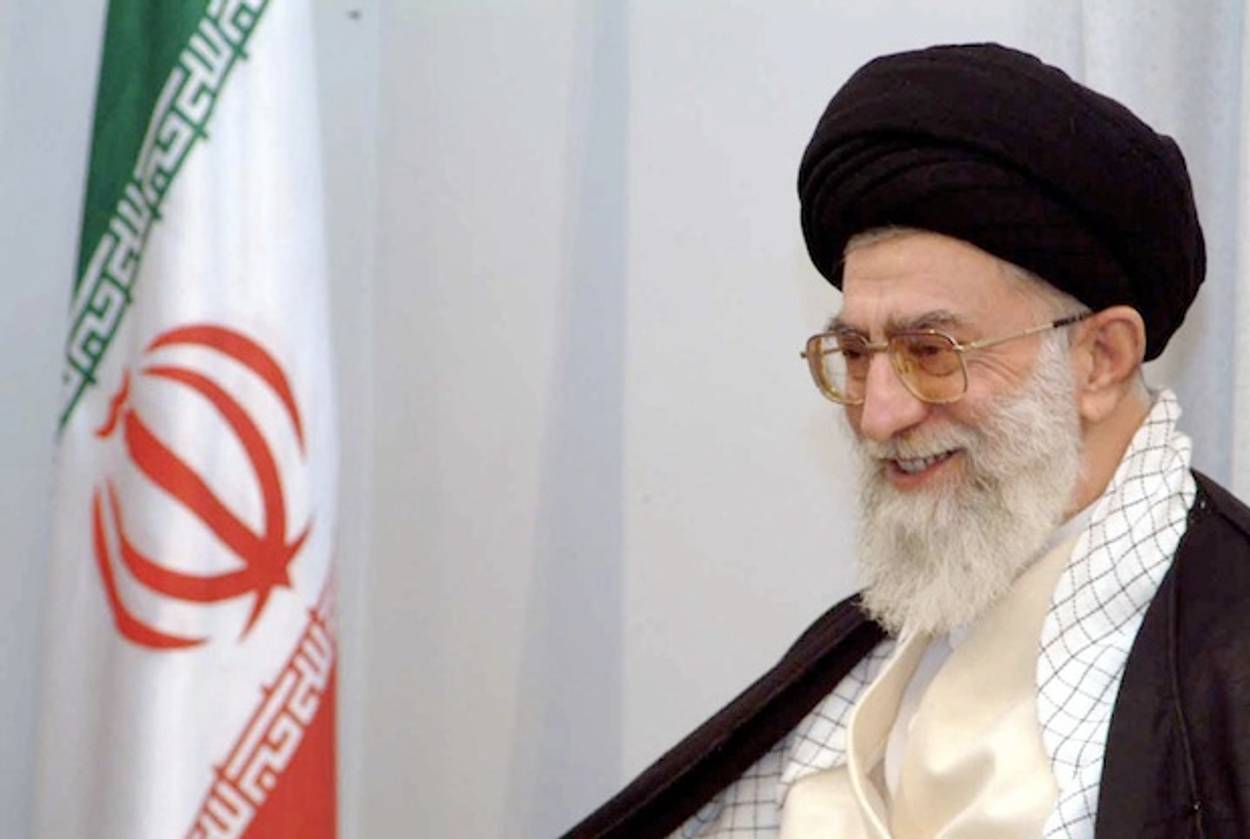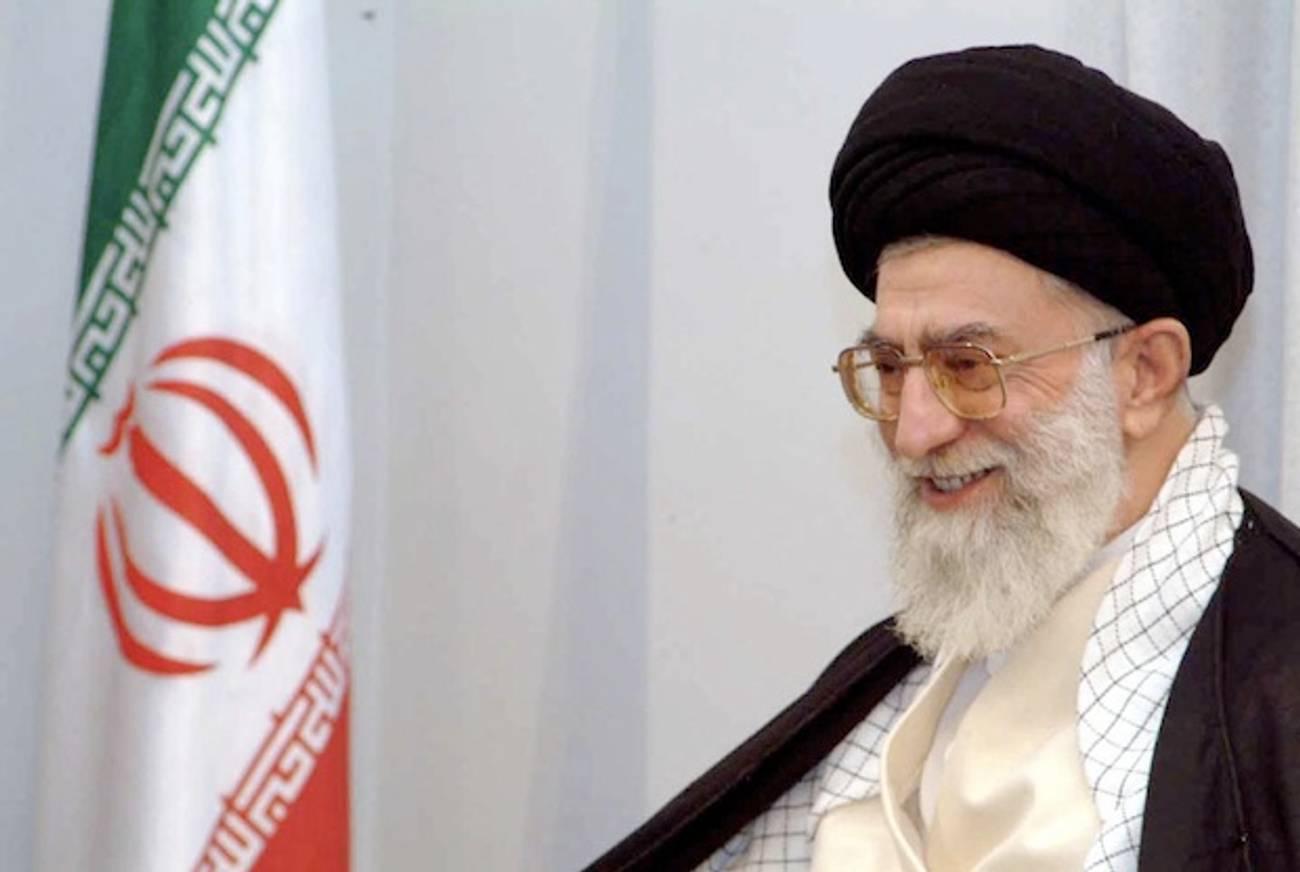What to Make About Nuclear Talks With Iran
What’s known and unknown about bilateral talks with Iran




This election cycle’s October Surprise didn’t come from the Romney or Obama camp (at least, not yet), but rather from the Iranian officials who signaled that Iran would be open to engage in bilateral talks for the first time on its nuclear program. The announcement came just ahead of tonight’s final presidential debate (B”H) which, fittingly enough, will be on the topic of foreign policy.
The things we seem to know and not know about this diplomatic initiative are pretty important in gauging whether this whole shebang is worth getting excited about. Here are some of the many issues:
Is this actually going to happen?
Nobody knows. A final agreement has yet to be reached.
What this means: U.S. and Iranian officials are in talks about talks.
When would this happen?
According to Iranian officials, after the elections.
What this means: Iran’s got to know with whom it would be negotiating. President Obama and Governor Romney have different views on some of the details:
Iran’s capacity to enrich uranium bears on another key difference between Mr. Obama and Mr. Romney: whether to tolerate Iran’s enrichment program short of producing a nuclear weapon, as long as inspectors can keep a close eye on it, versus prohibiting Iran from enriching uranium at all. Obama administration officials say they could imagine some circumstances under which low-level enrichment might be permitted; Mr. Romney has said that would be too risky.
But Mr. Romney’s position has shifted back and forth. In September, he told ABC News that his “red line” on Iran was the same as Mr. Obama’s — that Iran may not have a nuclear weapon. But his campaign later edited its Web site to include the line, “Mitt Romney believes that it is unacceptable for Iran to possess nuclear weapons capability.”
Has Ayatollah Ali Khamenei signed off on bilateral talks?
According the administration officials, not yet.
What this means: Until Iran’s supreme leader signs the permission slip, the field trip to meet with Great Satan is only theoretical.
How’s Israel feeling about this?
Yesterday, Israeli Prime Minister Benjamin Netanyahu said he hadn’t heard anything about bilateral talks.
What this means: Israel’s position seems to be that talks are not the preferred means of derailing the Iranian nuclear program. Ambassador Michael Oren said this over the weekend:
“We do not think Iran should be rewarded with direct talks, rather that sanctions and all other possible pressures on Iran must be increased.”
Is this a sign that sanctions are forcing Iran’s hand?
Probably.
What this means: This is a good sign. Viewing it as a capitulation, Iran typically eschews dealing with the United States.
Is this all just a smokescreen for Iran to buy some time, complete the critical aspects of its program, and slide safely into the zone of immunity?
Possibly.
What this means: Iran’s got a history of this with regard to diplomatic efforts. Also, the Persians are frequently credited with inventing chess.
Is this the last chance to avoid military conflict with Iran?
Possibly.
What this means: Stakes are high.
U.S. Officials Says Iran Is Ready to Talks About Its Nuclear Program [NYT]
Netanyahu Says He Doesn’t Know of Any Iran-U.S. Talks [Reuters]
Adam Chandler was previously a staff writer at Tablet. His work has appeared in the New York Times, the Wall Street Journal, the Atlantic, Slate, Esquire, New York, and elsewhere. He tweets @allmychandler.